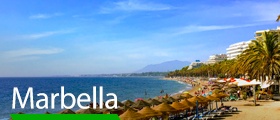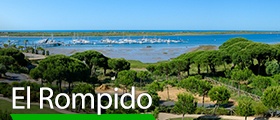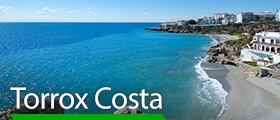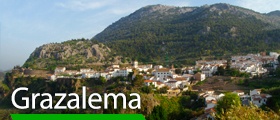
Water saving awareness in hotels on the Costa del Sol and Costa de la Luz
Once again World Water Day is celebrated by Fuerte Hoteles. This year’s motto is “Water and Food Security”
Fuerte Hoteles is a hotel chain that is leader in corporate social responsibility in Southern Spain with hotels on the Costa del Sol and Costa de la Luz. After over 55 years managing water resources, we have learnt a few lessons that we would like to share with you.
As a company that is fully aware of the importance of preserving the environment and natural richness of the places where our hotels are situated, our concern for water consumption has always been a priority for us both on the Costa del Sol (Marbella, Estepona) and on the Costa de la Luz (Conil de la Frontera, Cartaya (Huelva).
Adequate water management in hotel establishments On the Costa del Sol and Costa de la Luz, most hotel establishments rely on municipal water supplies and those source themselves directly from the adjacent reservoirs. Due to Mediterranean climate, both coasts feature alternate periods of heavy waterfall followed by droughts. Water availability is low some years and therefore, an adequate water consumption management is vital to ensure water supply.
In hotels, water consumption basically depends on bathrooms water use (showers, toilets and washbasins), food preparation and kitchen cleanup, laundry, room and common areas cleanup, outside areas cleanup, garden irrigation, swimming-pools and thermal SPA areas.
Obviously, water consumption is directly linked to the features of hotel facilities and services as well as to the way staff and guests use water. Therefore, consumption does not depend so much on climate conditions as it is the case with electricity.
Nowadays, average water consumption at Fuerte Hoteles varies from 159-200 litres/guest/night in our hotels in Costa de la Luz to 202 litres/guest/night in our hotels on the Costa del Sol. This means 6,6% of the total water supply needed to produce only one person’s daily food (3000 litres).
Consumption efficiency has been improved throughout the years applying different water-saving measures both in hotel facilities and processes. Some of these measures include: using systems that economize on consumption in showers and taps, applying pressure regulators in the main water distribution networks, and using drip irrigation, xeriscaping techniques and indigenous plant species adapted to the natural habitat (they consume less water and are more resistant to diseases) in garden design.
Relationships between water and food production
This year’s World Water Day’s topic focuses on the relationships between water and food production. It also questions our capacity to feed the planet’s population especially those growing populations with water resources scarcity.
This year’s campaign explains the concept of food security, i.e.: when all people at all times have both physical and economic access to sufficient, safe and nutritious food that meets their dietary requirements for an active and healthy life.
Today, there are over 7 billion people to feed on the planet and this number is expected to reach 9 billion by 2050.
Each of us drinks from 2 to 4 litres of water every day, but most of the water we drink is “embedded” in the food we eat. However, we need 3 000 litres a day to produce the food we eat (producing 1 kilo of beef consumes 15 000 litres of water while 1 kilo of wheat “drinks up” 1500 litres). This is the root cause of water problem.
Water: a renewable but limited and bad distributed
Water is a renewable natural resource, but it is limited and bad distributed throughout the world. Therefore, at global scale, water resources impacts are not linked to water exhaustion but to water availability. Unfortunately, there is also a direct relationship between water and food scarcity in developing countries. Lack of water is one of the major causes of malnutrition in the world, especially in those areas where people depend on local agriculture.
In addition to these factors, climate change effects with erratic rainfall and an increase in drought periods make it even more obvious that caring about water availability is everybody’s responsibility.
Hotels committed to sustainable development complying with a corporate social responsibility policy should implement as many technical and operational mechanisms as possible to minimize water consumption without diminishing their guests’ comfort, since this will also help diminish our world’s water scarcity impacts and obviously reduce operational costs.
We should change our paradigm and be fully aware of the fact that water is not really needed to quench our thirst but to produce the food that we consume and the rest of materials that make our lives healthier and easier increasing our quality of life. This is why a rational use of this resource is extremely important.
















